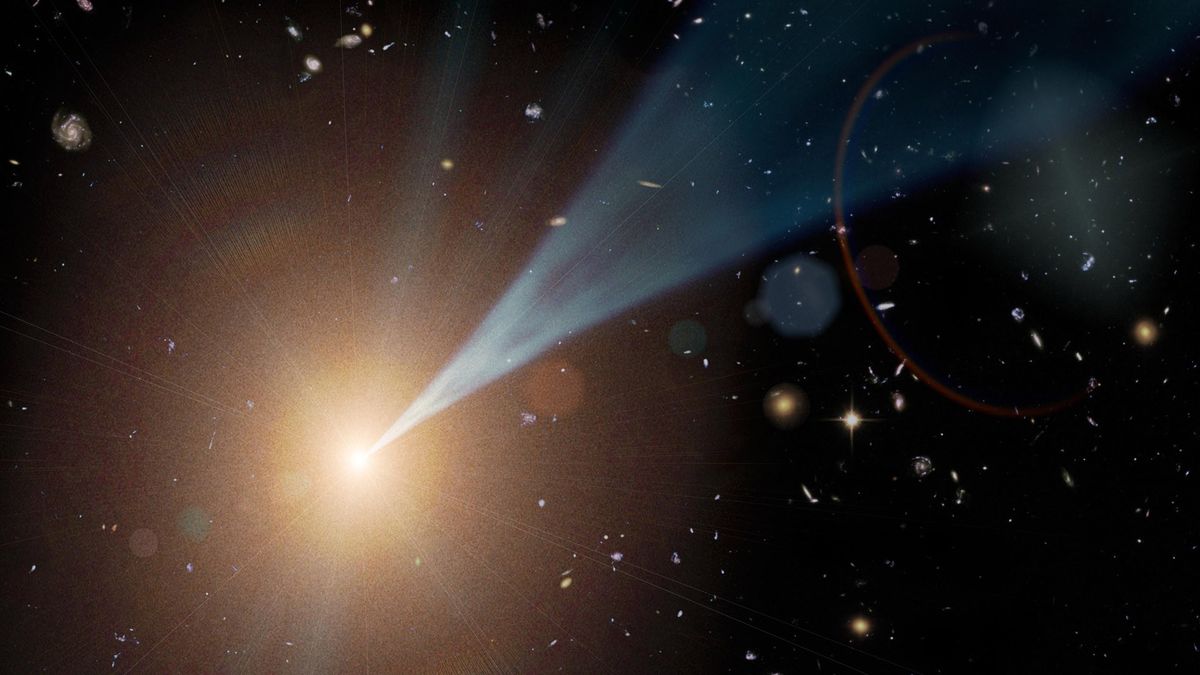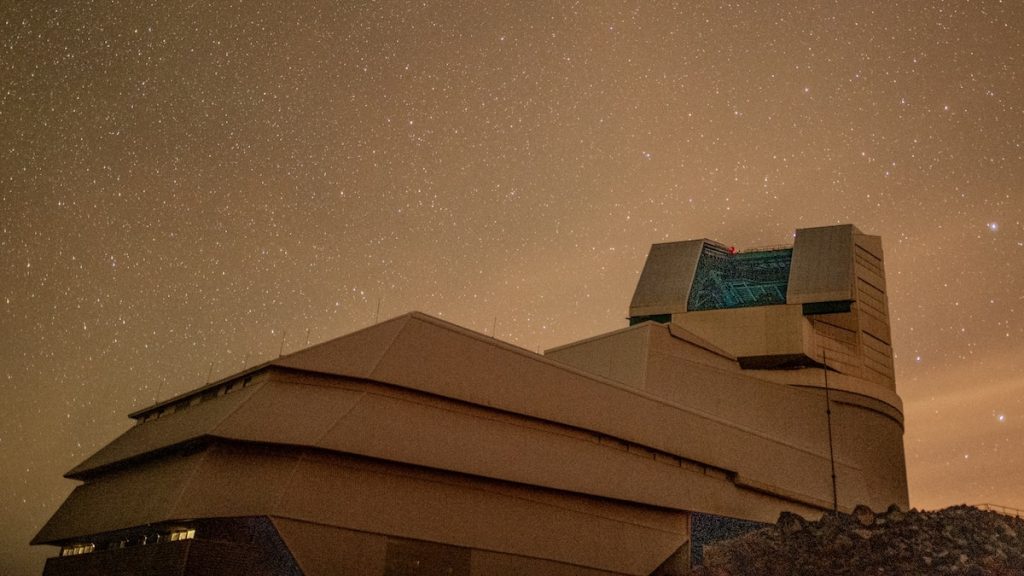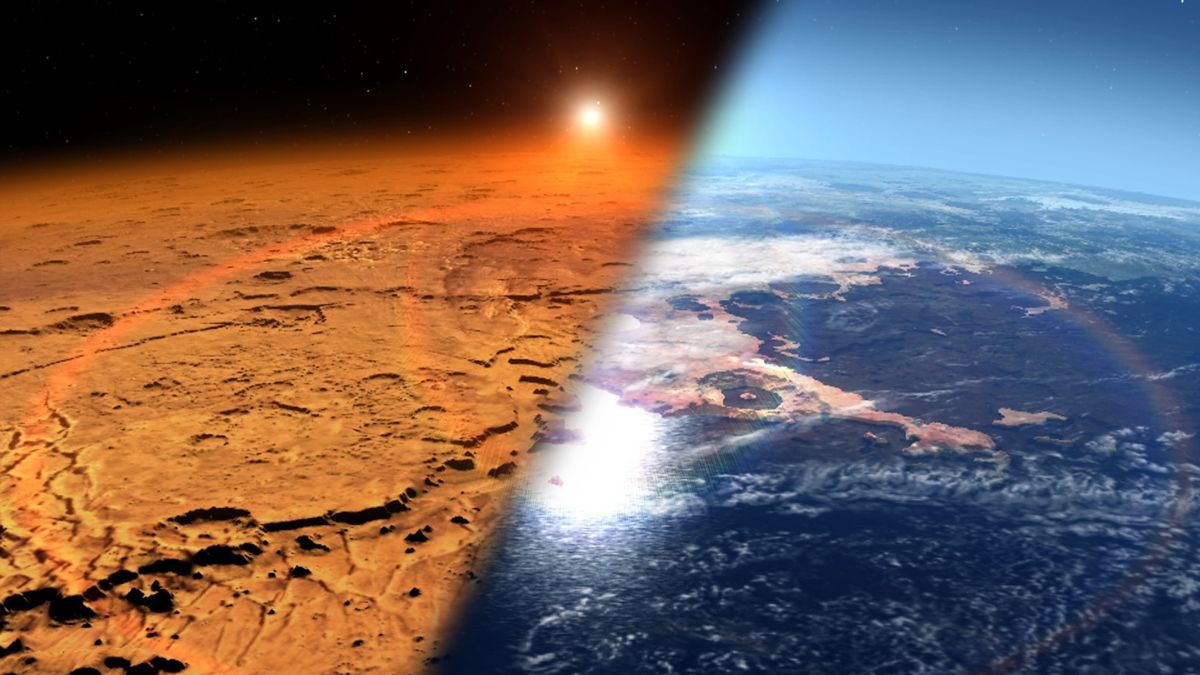Now Reading: Scientists Eye Black Holes for Particle Collisions Amid Funding Crunch
-
01
Scientists Eye Black Holes for Particle Collisions Amid Funding Crunch
Scientists Eye Black Holes for Particle Collisions Amid Funding Crunch

Quick Summary
- International scientists propose using black holes as particle colliders to study dark matter due to high costs and inefficiencies of terrestrial supercolliders.
- Current efforts at CERNS Large Hadron Collider (LHC) have yet to produce evidence of dark matter, leading researchers to consider alternative sources.
- A study in Physical Review Letters pitches black hole accretion disks as natural particle accelerators producing collision energies comparable or superior to future supercolliders.
- Researchers suggest tracking particles emitted by black hole jets with observatories such as IceCube Neutrino Observatory or Kilometer Cube neutrino Telescope.
- Dark matter remains one of the universe’s unsolved mysteries, comprising 27% of cosmic content but undetectable via light interaction.
Indian Opinion Analysis
The proposal to investigate black holes as natural particle accelerators is innovative and exemplifies global scientific adaptability in response to funding challenges. While primarily a technological advancement abroad, this growth underscores india’s potential role in international collaborations-India already contributes considerably toward projects like CERN through human expertise and infrastructure development. As India seeks visibility on the global research stage via missions like chandrayaan and upcoming neutrino observatories, insights from such studies could also strengthen domestic ambitions in theoretical physics research on phenomena like dark matter.
For further reading: Read More


























